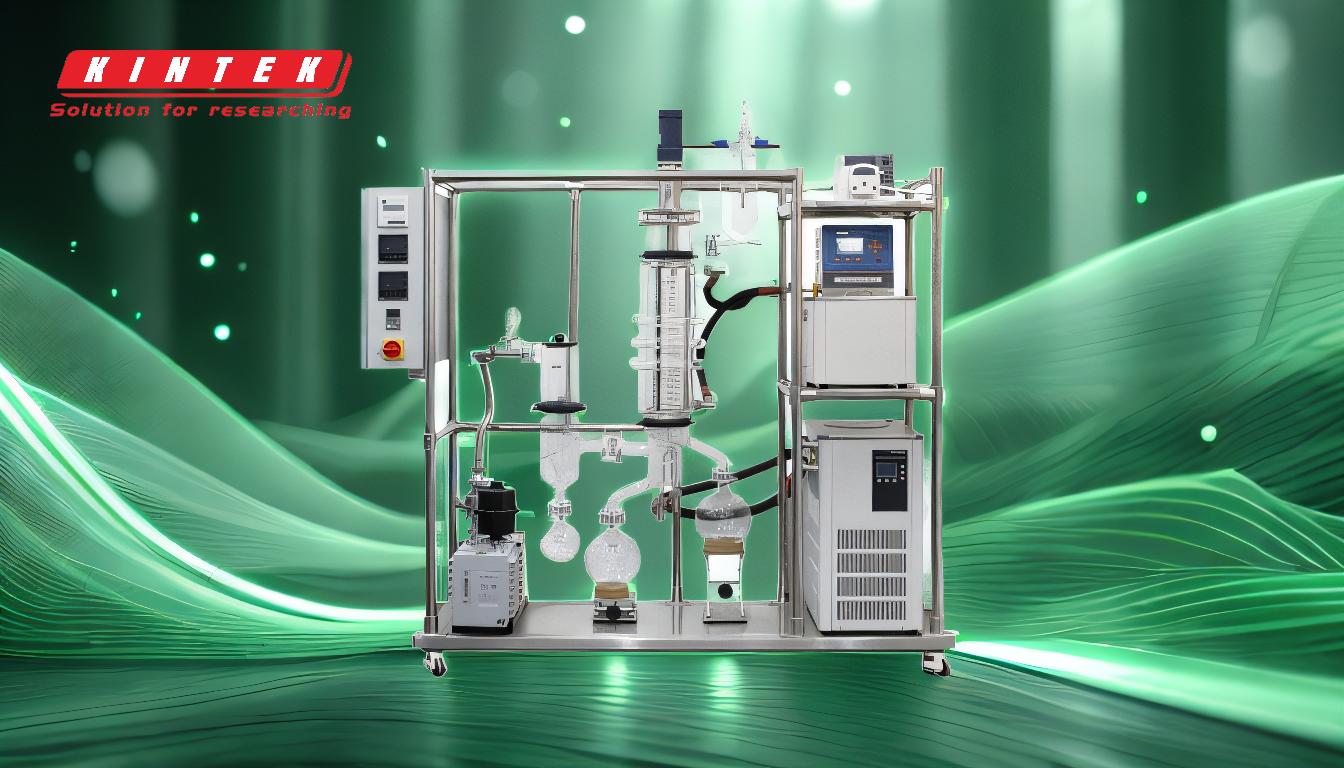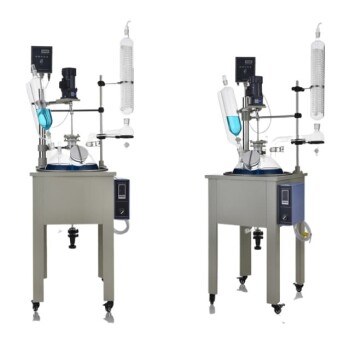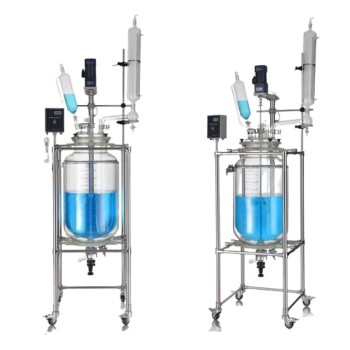Distillation is a widely used process in laboratories and industries, but it comes with inherent risks that must be carefully managed. These risks include equipment failure, chemical hazards, and operational errors. Proper setup, maintenance, and adherence to safety protocols are essential to mitigate these risks. This answer explores the key risks associated with distillation, focusing on equipment, chemical, and procedural hazards, and provides practical recommendations to ensure safe and effective operation.
Key Points Explained:

-
Equipment-Related Risks
-
Glassware Breakage: Distillation involves heating glassware, which can crack or shatter if exposed to sudden temperature changes or mechanical stress.
- Mitigation: Use borosilicate glassware, which is resistant to thermal shock, and ensure proper clamping to prevent slipping or tipping.
-
Vacuum System Failures: Improper vacuum setup can lead to leaks, pressure imbalances, or equipment damage.
- Mitigation: Apply vacuum grease to all seals and joints, and ensure the vacuum pump is functioning correctly before starting.
-
Rotary Evaporator Slippage: If the flask is not securely attached, it can slip during rotation, causing spills or breakage.
- Mitigation: Secure the flask properly and ensure the rotation speed is appropriate for the setup.
-
Glassware Breakage: Distillation involves heating glassware, which can crack or shatter if exposed to sudden temperature changes or mechanical stress.
-
Chemical Hazards
-
Flammable or Volatile Solvents: Many distillation processes involve flammable or volatile chemicals, which can ignite or explode if exposed to heat or sparks.
- Mitigation: Use a fume hood, avoid open flames, and ensure proper ventilation.
-
Toxic Fumes: Some chemicals release harmful vapors during distillation, posing inhalation risks.
- Mitigation: Always work in a well-ventilated area or use a fume hood, and wear appropriate personal protective equipment (PPE).
-
Reactive Chemicals: Certain chemicals may react violently under distillation conditions, leading to explosions or hazardous byproducts.
- Mitigation: Research the chemical properties beforehand and avoid incompatible combinations.
-
Flammable or Volatile Solvents: Many distillation processes involve flammable or volatile chemicals, which can ignite or explode if exposed to heat or sparks.
-
Procedural and Operational Risks
-
Overheating: Excessive heat can cause the liquid to boil too vigorously, leading to bumping, splashing, or even explosion.
- Mitigation: Use a heating mantle or oil bath for even heating, and monitor the temperature closely.
-
Improper Cooling: Inadequate cooling in the condenser can result in solvent loss or incomplete separation.
- Mitigation: Ensure the cooling water flow is sufficient and the condenser is functioning properly.
-
Vacuum Overpressure: Applying too much vacuum can cause implosion or collapse of glassware.
- Mitigation: Gradually reduce the pressure and monitor the system for signs of stress.
-
Overheating: Excessive heat can cause the liquid to boil too vigorously, leading to bumping, splashing, or even explosion.
-
Human Error and Training
-
Lack of Training: Inexperienced operators may make mistakes in setup, operation, or troubleshooting.
- Mitigation: Provide comprehensive training and supervision for new users.
-
Neglecting Safety Checks: Skipping pre-distillation checks (e.g., inspecting glassware, securing connections) increases the risk of accidents.
- Mitigation: Follow a checklist to ensure all safety measures are in place before starting.
-
Lack of Training: Inexperienced operators may make mistakes in setup, operation, or troubleshooting.
-
Environmental and External Factors
-
Power Outages: Sudden loss of power can disrupt the distillation process, leading to incomplete separation or equipment damage.
- Mitigation: Use backup power sources or ensure a controlled shutdown procedure is in place.
-
Water Supply Interruptions: Insufficient cooling water flow can cause overheating or solvent loss.
- Mitigation: Monitor the water supply and use a recirculating chiller if necessary.
-
Power Outages: Sudden loss of power can disrupt the distillation process, leading to incomplete separation or equipment damage.
By addressing these risks through proper equipment maintenance, chemical handling, procedural adherence, and operator training, the distillation process can be conducted safely and efficiently. Always prioritize safety and follow established protocols to minimize hazards.
Summary Table:
| Risk Category | Key Risks | Mitigation Strategies |
|---|---|---|
| Equipment-Related | Glassware breakage, vacuum failures | Use borosilicate glassware, apply vacuum grease, secure connections, monitor vacuum pump |
| Chemical Hazards | Flammable solvents, toxic fumes | Use fume hoods, ensure ventilation, wear PPE, research chemical properties |
| Procedural Risks | Overheating, improper cooling | Use heating mantles, monitor cooling water flow, avoid excessive vacuum pressure |
| Human Error | Lack of training, neglecting checks | Provide training, follow safety checklists, supervise new users |
| Environmental Factors | Power outages, water interruptions | Use backup power, monitor water supply, use recirculating chillers |
Ensure safe and efficient distillation processes—contact our experts today for tailored solutions!











